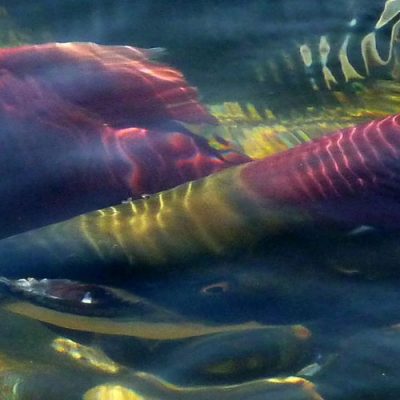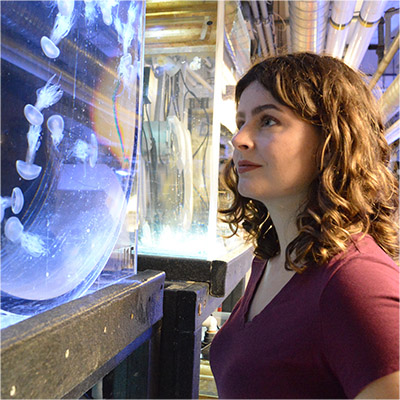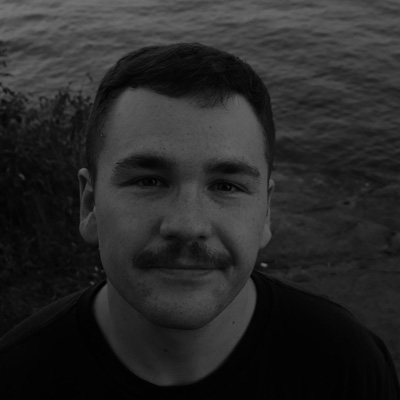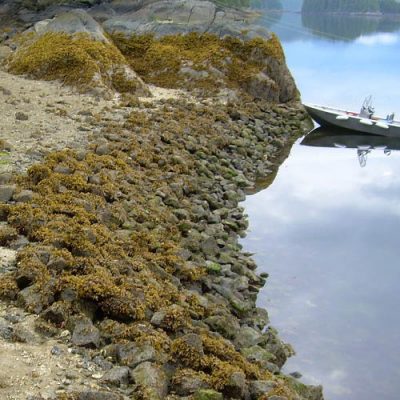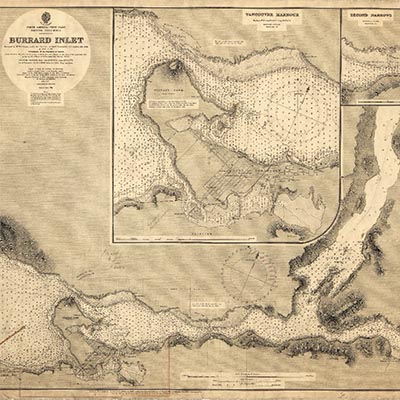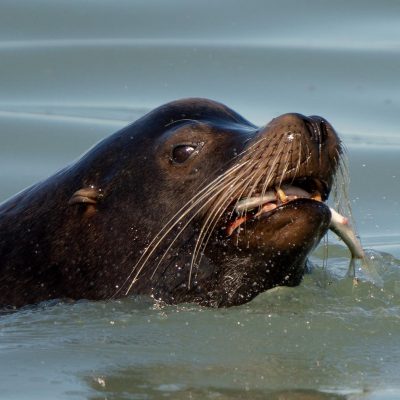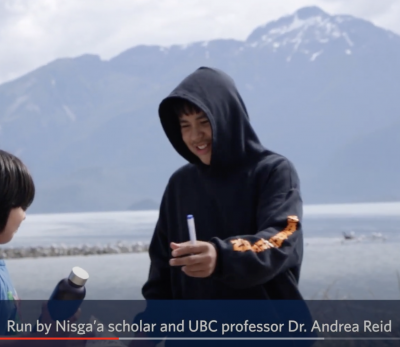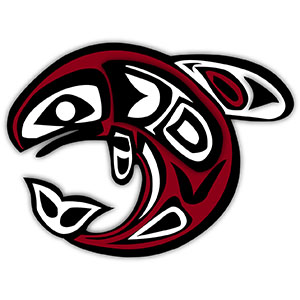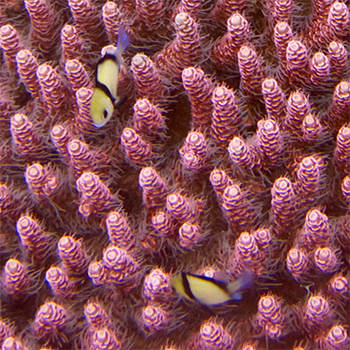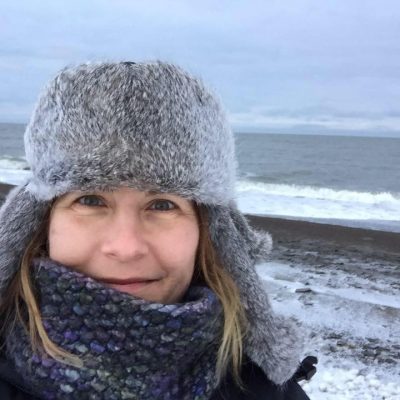BC is facing a steep decline in sockeye salmon
The sockeye population has been in decline for a century – since 1913, returns in the Skeena River have dropped by 75% – and while there are many factors at play, says Dr. William Cheung, “climate change is definitely one of them.”
This scientist is taking an international jellyfish tour to explore mucus and medusae
UBC doctoral student Jessica Schaub is about to set off on an international tour of jellyfish
PhD student Alexander Duncan appointed to Indigenous Leadership Circle in Research
This new group will advise the presidents of Canada’s three federal research funding agencies – CIHR, NSERC and SSHRC.
New sea garden story map showcases Indigenous mariculture practices across the Pacific
The living map synthesizes information about ancestral mariculture across the Pacific Ocean and describes the work that a number of communities are undertaking to reawaken diverse sea gardens.
New FCRRs: Historical Ecology in Burrard Inlet and Reconstructing the pre-contact shoreline of Burrard Inlet
These two new Fisheries Centre Research Reports will help us understand the overpowering changes that colonial settlement and development has had on the marine ecosystems surrounding the Lower Mainland area of British Columbia.
Partnership between UBC researchers, marine stewards and K’ómoks First Nation spawns new microplastics findings
What they found helps illuminate the study of microplastics in the ocean, an area of pollution research that is garnering lots of attention due to the many unknowns about how these particles damage the health of organisms that ingest them.
Salmon camps show youth Indigenous science at work
Imagine a summer camp where you can watch grizzly bears catch salmon in streams, while learning about the migration and preparation of the fish hovering in the water at your feet.
Salmon from freshwater to the ocean: there and back again
Video for this seminar is now available! Click to watch
Coral reefs are 50% less able to provide food, jobs, and climate protection than in 1950s, putting millions at risk
Global coverage of living corals had declined by about half since the 1950s and consequently, the diversity of species had also declined, by more than 60%.
